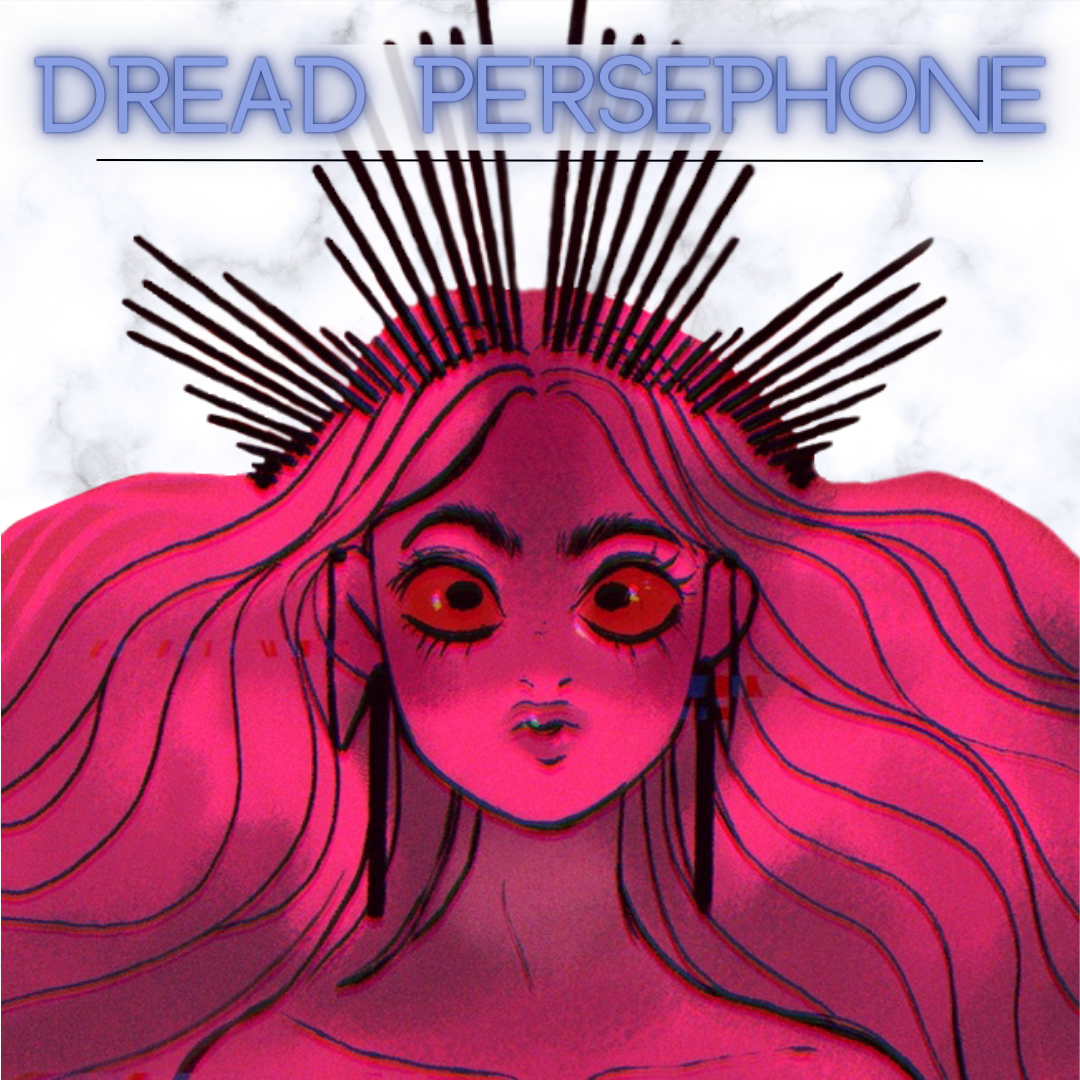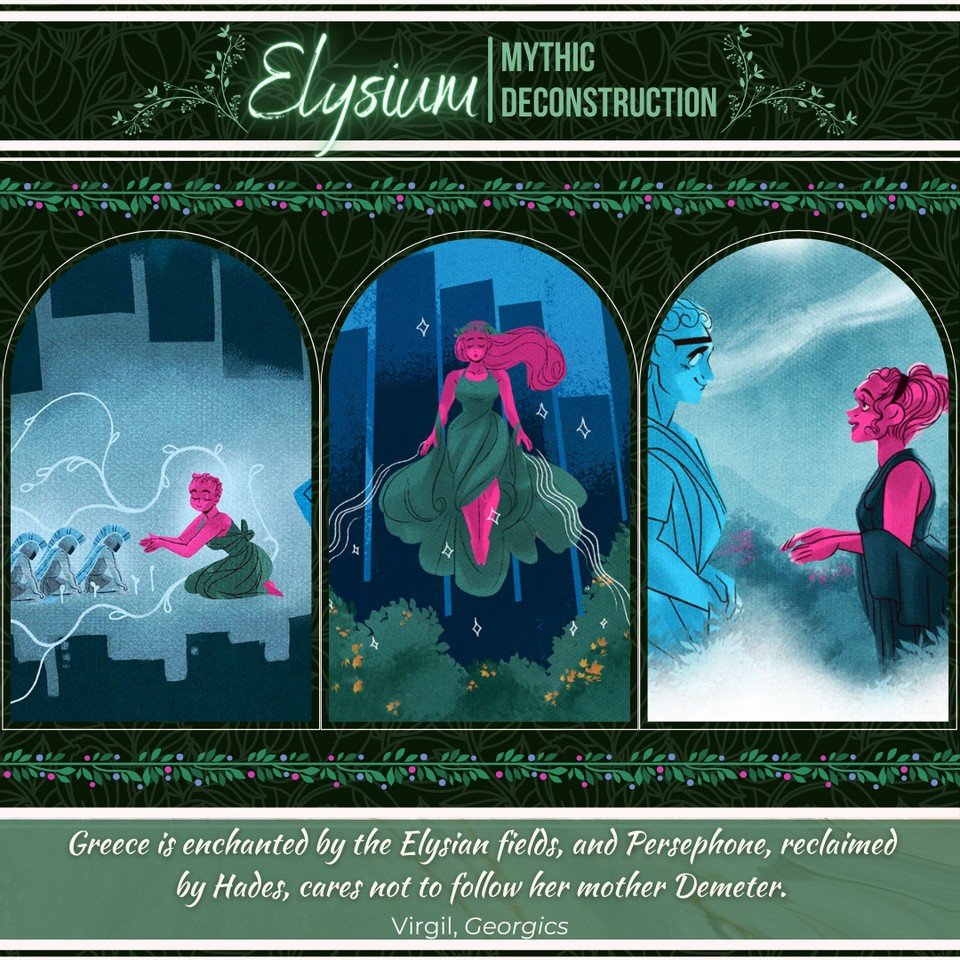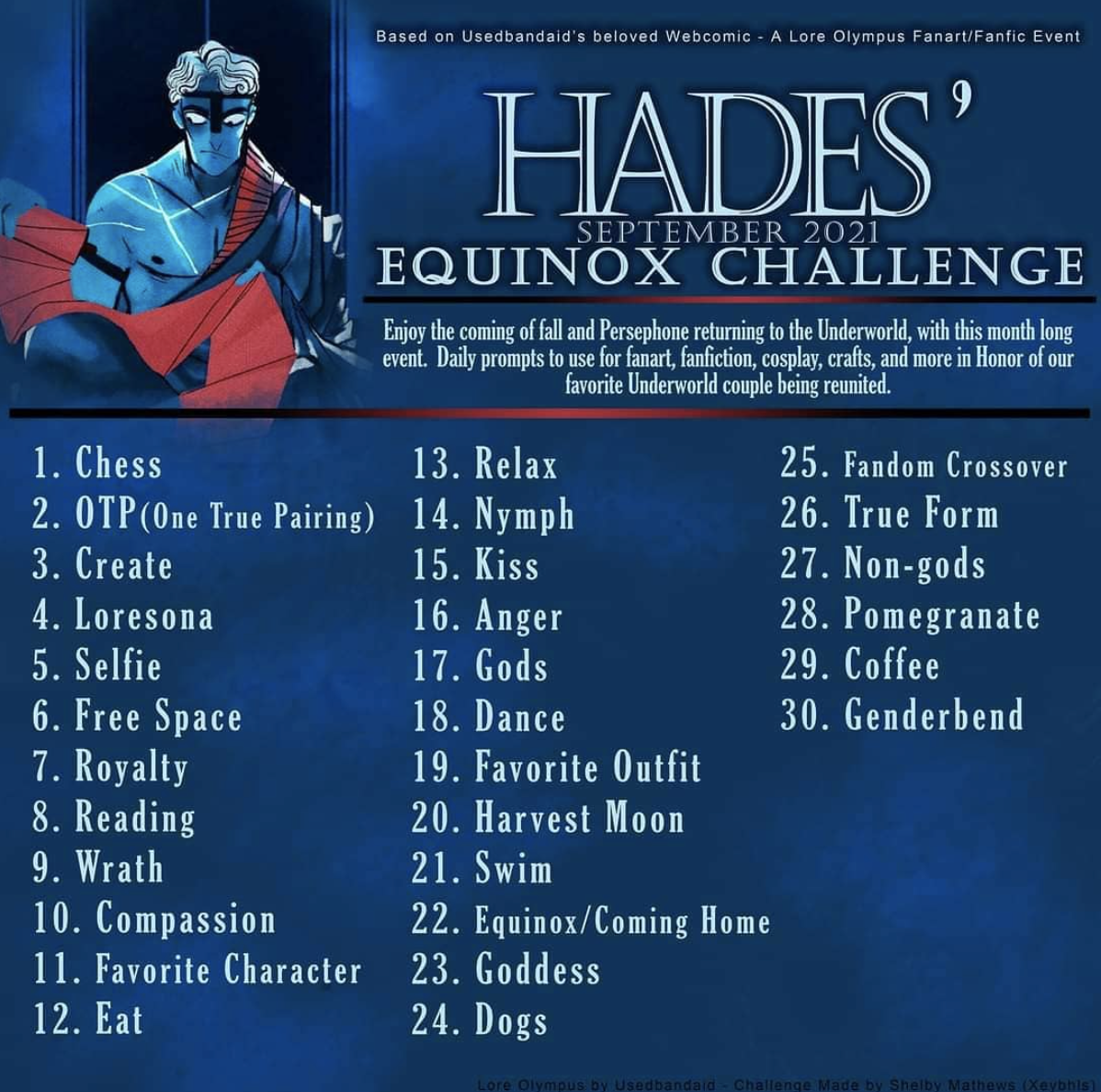Character Analysis: Demeter
By Faedissa
In Lore Olympus, the character of Demeter is still a bit of a mystery. Our exposure to her, thus far, paints her as a controlling and overbearing mother, unwilling to see her child as the adult that she is. What we do know is that Demeter pushes Persephone to be an eternal virgin, and is most likely aware that Persephone is a fertility goddess and has not told her.
While it’s gross to push Persephone into TGOEM, taking away her choice before she has the opportunity to make it for herself and understand it, I don’t think Demeter is outright abusive, at least not with any ill intention. It’s important to contextualize why Demeter and Hestia are grooming Persephone for TGOEM by looking at their experience with male gods in the past, and their attempts to be fully independent in an overwhelmingly patriarchal society ruled by a pervert (Zeus). A pervert who has ultimate authority, even when he gives them a false sense of it—letting Demeter do her own thing in the Mortal Realm, allowing Hestia to have TGOEM, and refraining from infringing on inducted members.
Zeus’ willingness to abide by the rules of TGOEM is dependent entirely upon him, because if he chose to violate those rules and either assault or marry off one of them, he has the power to do so as the King of the Gods. In the episode titled “Thunder,” Zeus commands Hera to stop walking away when she’s arguing with him, and she is forced to do so. It’s probable that his ability to control people in that way extends to everyone, with the possible exception of his older brothers.
In that context, assuming Demeter and Hestia understand the nuances of the "agreement" between him and TGOEM (and I'm willing to bet they do), Demeter knows the best opportunity Persephone has to not become essentially Hera—a wife who is under her husband's thumb and must deal with the consequences of him doing whatever he wants—is to push her towards TGOEM.
But, we also don't know enough about TGOEM to judge that it’s a permanent loss of Persephone’s agency and choice.
We know it’s the Goddesses of Eternal Maidenhood, but there’s two sides to that. One being that their rules are no penetration (penis in vagina). That opens up the possibility of Persephone finding a partner in another woman. And, if we take it at face value that the rule is only vaginal penetration by a penis, it’s possible she could later be allowed a degree of exploration with men so long as there isn’t vaginal intercourse. There’s also a possibility that that keyword “eternal” doesn’t mean that her choice is final in that she couldn’t leave TGOEM later on; it could be more open ended in that as long as you choose to be part of TGOEM, you’re afforded the protection it offers from male gods, and Zeus in particular.
Is it still gross that at 14 Demeter decided her daughter needed to work towards being in this virginal cult? Absolutely.
Is it still gross that Hestia went “SURE!!!” Absolutely.
But Demeter looks at what she saw as options and did what most parents do: she picked what looked like the best one. It doesn’t mean it wasn’t a wrong choice, but look at how she fights with Persephone immediately before the Act of Wrath. She’s struggling with her own trauma and sense of responsibility, and she’s making her choices in both actions and words based on what she went through 2000 years ago. 2000 years that she subsequently spent most of isolating herself from others, except for when Zeus comes to her and makes her hide his affairs.
Demeter has inflicted unfair and perhaps unintended abuse on Persephone. And it’s super important to our critical analysis and understanding of the story—we need to see and understand how and why Demeter’s choices are wrong to have a full understanding of the story. Because at the end of the day, these are wrong choices, and I get that gut instinct to go, “Hey, this is messed up, Demeter is a piece of crap.” But I think Persephone’s flashback to her mother defying Zeus was very important in our perception of Demeter, and how she wants to protect her daughter.
I think it’s safe to assume that when Persephone met Hades in the Mortal Realm (as we see on the Fates’ tape), it is after the Act of Wrath. A stipulation of letting her go to Olympus rather than forcing her to commute may have been TGOEM. It would serve as a win for Persephone—who’s just gotten too big (literally) for Demeter to control—as well as a way to avoid the issue of Hades, which likely served as a reminder to Demeter that Zeus will be on Olympus and have authority over her unless she’s protected by Hestia.
When Persephone meets Hades in the Mortal Realm, this is where it goes from Persephone is literally too big to control, to she’s too grown to control—she knows she has no business sneaking in to see Hades, and actually says as much. This could also be part of why Demeter is so annoyed/anxious to get rid of Hades. Because if the Act of Wrath just happened and she’s still tying up loose ends while the mortals are gossiping/whispering, the chances are x1000000 that he may hear about it. Before Demeter knew Hades met Persephone, she wanted him sobered up to take him own ass home. But once she learned that they met, she wants him blacked out so he won’t be interested in her little girl, and can’t ponder the pink goddess and ask around. Because finding out her name is “Persephone” could potentially lead him to learning what she did.
Which is another problematic thing for Demeter to do, but I think it still fits in the moral grey area we have to grant her based on her life experiences. Perhaps Demeter agrees to send Persephone to Olympus on the condition of 100% joining TGOEM, to effectively keep her away from Hades and out from under Zeus’ thumb.














Our go-to retellings and recommended sources for all things Greek mythology - from books to websites to podcasts.